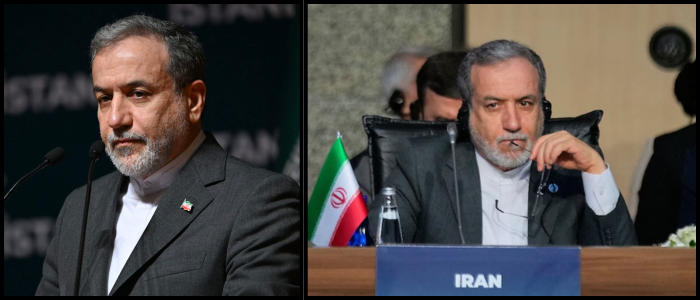Trump earlier said at a NATO summit in The Hague that talks with Iran would be held next week and praised the recent Pentagon-led strikes as a 'very successful effort to degrade and undermine Iran's ability to continue to develop their nuclear weapons.' But Araghchi stressed that Tehran was still assessing whether further talks with Washington would be constructive, particularly after the previous five rounds of talks were derailed by military violence.
Attacks Take Toll, Lead to Review of Strategy
The recent strikes against Iran's nuclear facilities caused significant damage, prompting authorities to consider the state of their nuclear program, Araghchi said. Despite the US and Israel insisting the operations are designed to curb Iran's nuclear weapons capability, Iran maintains its nuclear activities are purely civilian in nature.
The US, for its part, has been pressing for a resumption of diplomacy. Press secretary Karoline Leavitt said on Thursday that there's currently no meeting on the books. She added that communication has persisted via intermediaries such as the Qataris, and that should something of note develop, it would be announced publicly.
Mixed Signals from Washington
Middle East negotiator Steve Witkoff went so far as to call his recent talks with Iranian interlocutors "promising" and predicted an eventual long-term peace settlement. The Pentagon also gave a news conference to defend the recent strikes as American officials prepared to brief Congress.
Secretary of State Marco Rubio underscored that the administration has worked to make a deal with Iran, saying the US has "bent over backwards to try to meet these people halfway."
World

Iran Rejects US Talks, Disputes Trump's Meeting Claim

Iran has rejected a meeting with the United States this week, contradicting US President Donald Trump's recent claims that he would be open to one. Iran's foreign minister, Abbas Araghchi, said Thursday that no meetings were planned, citing the devastation wrought by recent attacks on the country's nuclear facilities. Tehran is currently reviewing its diplomatic strategy in response to the events, he said.















